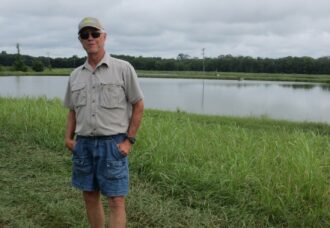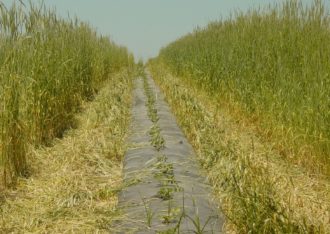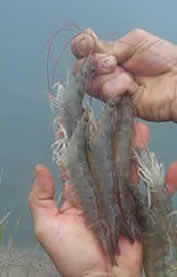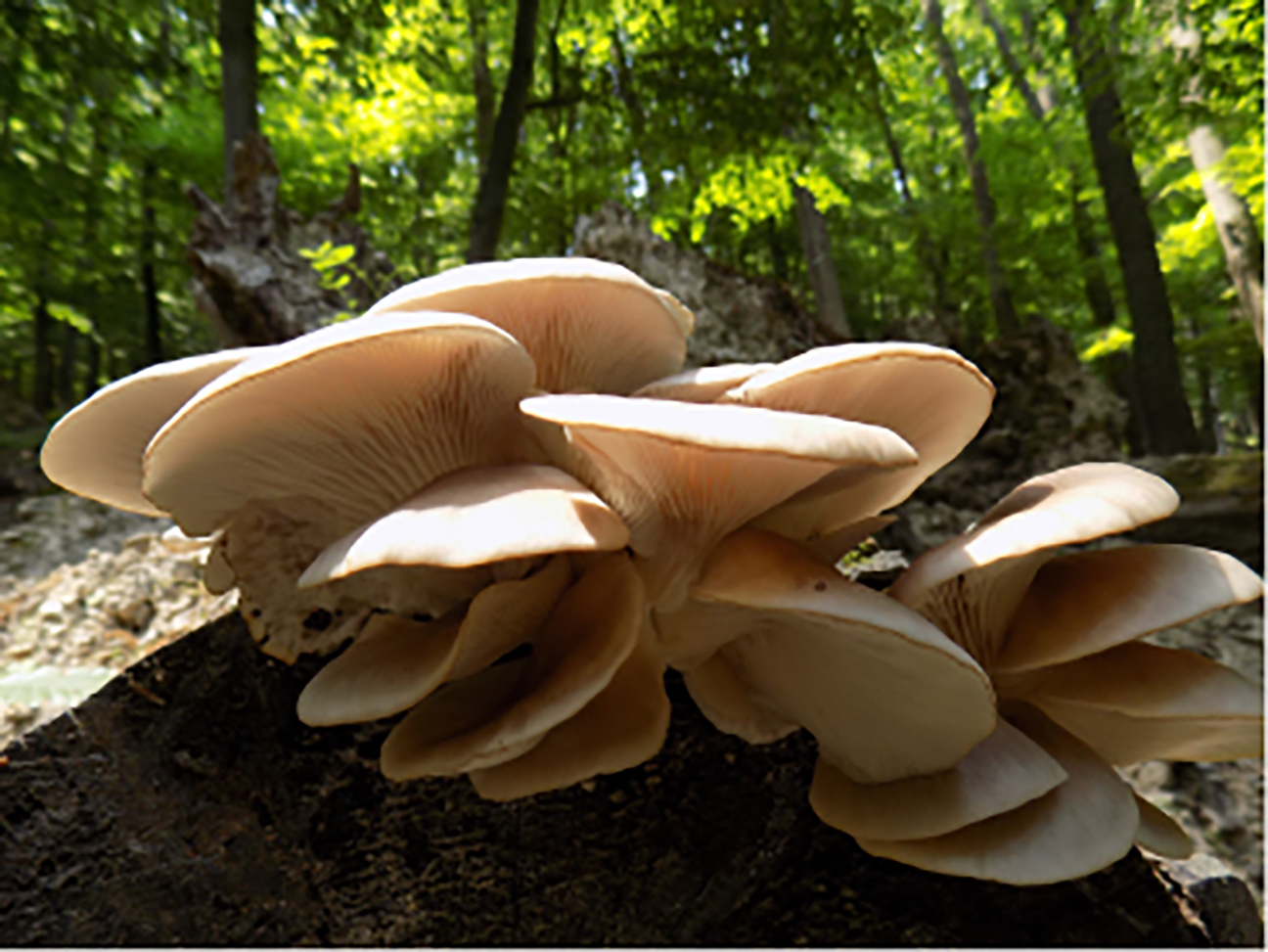
Using Invasive Trees to Cultivate Mushrooms
If urban farmers have paper mulberry growing on their property, then they may have an additional source of income with gourmet mushroom cultivation.
Marie Dominique Villanueva, of Fountain Heights Farms in Birmingham, turned a blighted lot on her farm into an extra income stream by inoculating the logs of invasive tree species with mushroom spores. The effort yielded a total of 165 pounds of mushrooms, valued at nearly $2,000, with consistent production across a two-year period. This yield, achieved using freely sourced urban wood, demonstrates a replicable, scalable income stream for small urban farmers, especially in densely populated areas with limited arable land.
Villanueva received a $14,951 Producer Grant to explore how well Mimosa and paper mulberry (both abundant on her property) would serve as substrates for golden oyster, blue oyster, chestnut and nameko mushrooms. Results found that paper mulberry demonstrated suitability. Mimosa logs, however, yielded no mushrooms. Villanueva speculates that Mimosa may carry antifungal properties that prevent the mushrooms spores from colonizing. A mushroom study in Florida, funded by Southern SARE, found similar results using Mimosa logs as an inoculation substrate.
The project supported urban land reclamation by transforming blighted lots in Birmingham into active mushroom-growing spaces. Although Mimosa was found unsuitable, the study tested the hypothesis of using invasive tree species as productive substrates. The logs were harvested from overgrown areas, directly contributing to lot cleanup and invasive species management. Through this, the project advanced the concept of “productive conservation” — using invasive or underutilized resources for regenerative food systems.
State Contacts
Alabama’s SARE State Coordinators are vital for expanding sustainable agriculture training for Extension, NRCS, and other agricultural professionals, who will then help producers transition to a more sustainable agriculture.

William Smith
SARE IN ALABAMA
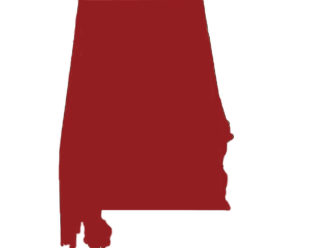
million
The Alabama SARE program is facilitated through a joint collaboration between Auburn University, Alabama A&M University and Tuskegee University. Alabama SARE partners with researchers, extension faculty, producers, and community organizers to research and implement the best science-based practices available in all aspect's of Alabama's agricultural system.
Recent News From Alabama
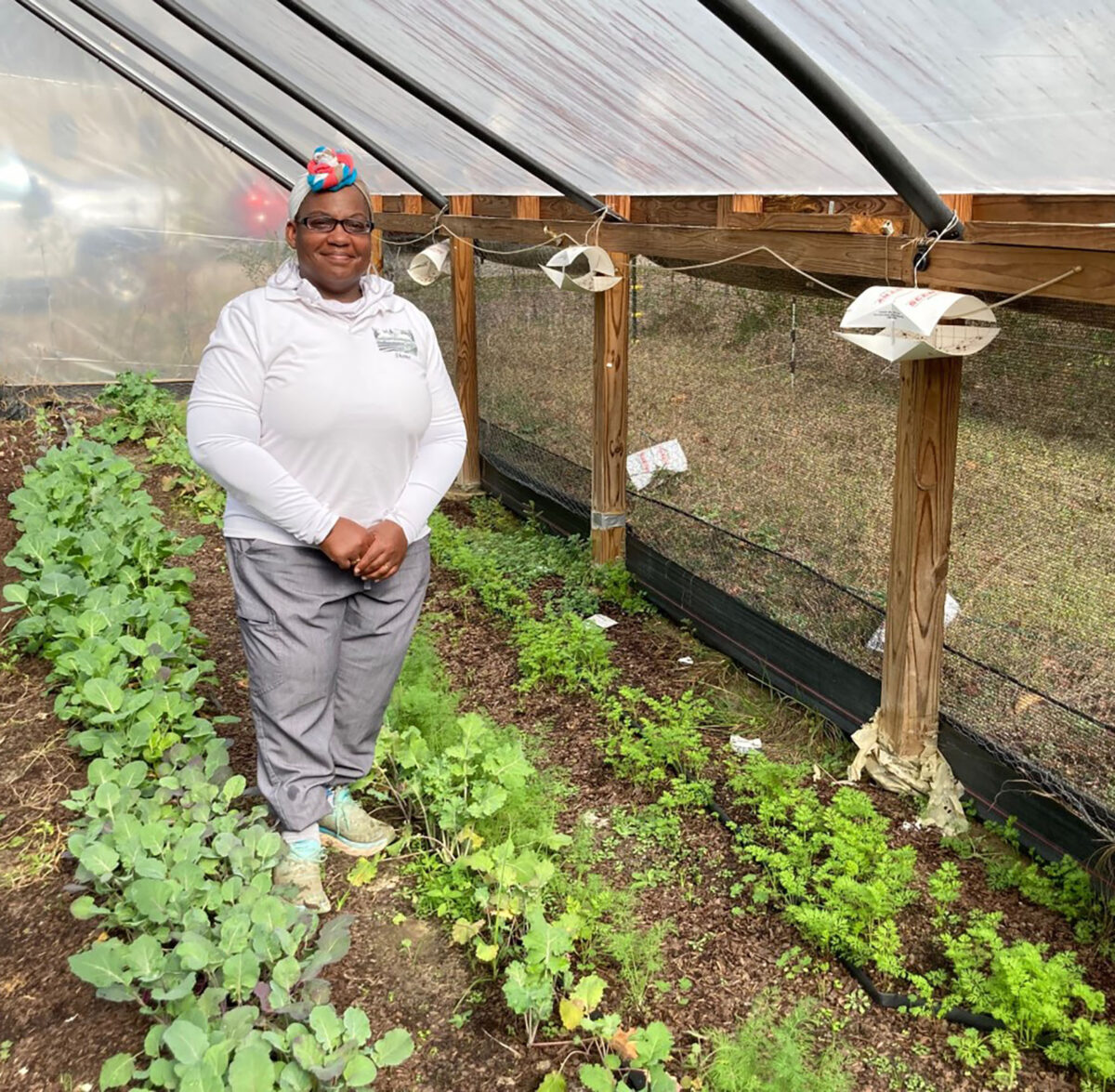 Integrated Pest Management
Integrated Pest Management
Woven Shade Cloths Part of IPM Strategy to Exclude Pests from High Tunnels
DOTHAN, Alabama – Vegetable producer Sheena Bain, of Bain Home Gardens, sees the black woven shade cloth permanently installed on her high tunnel as a game changer in controlling a whole host of crop pests. “We’ve had success in managing pests in the high tunnel that we normally would not have, compared to the level […]

